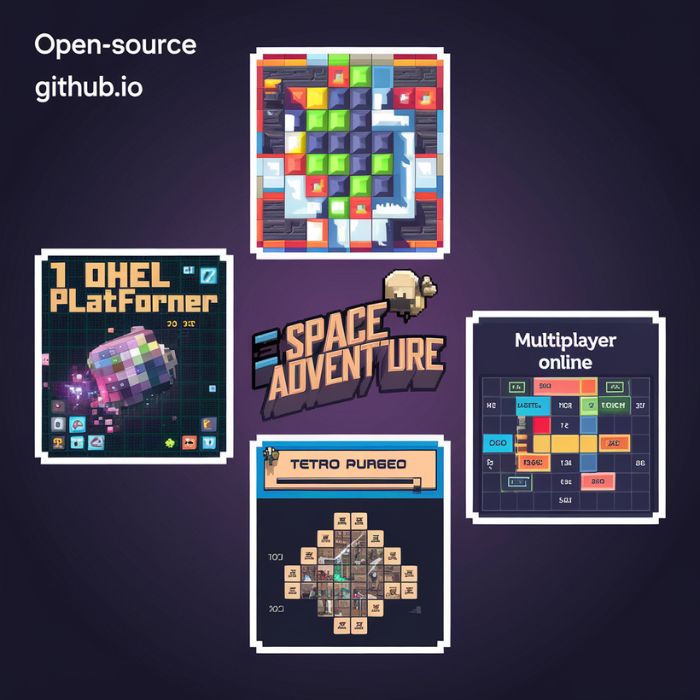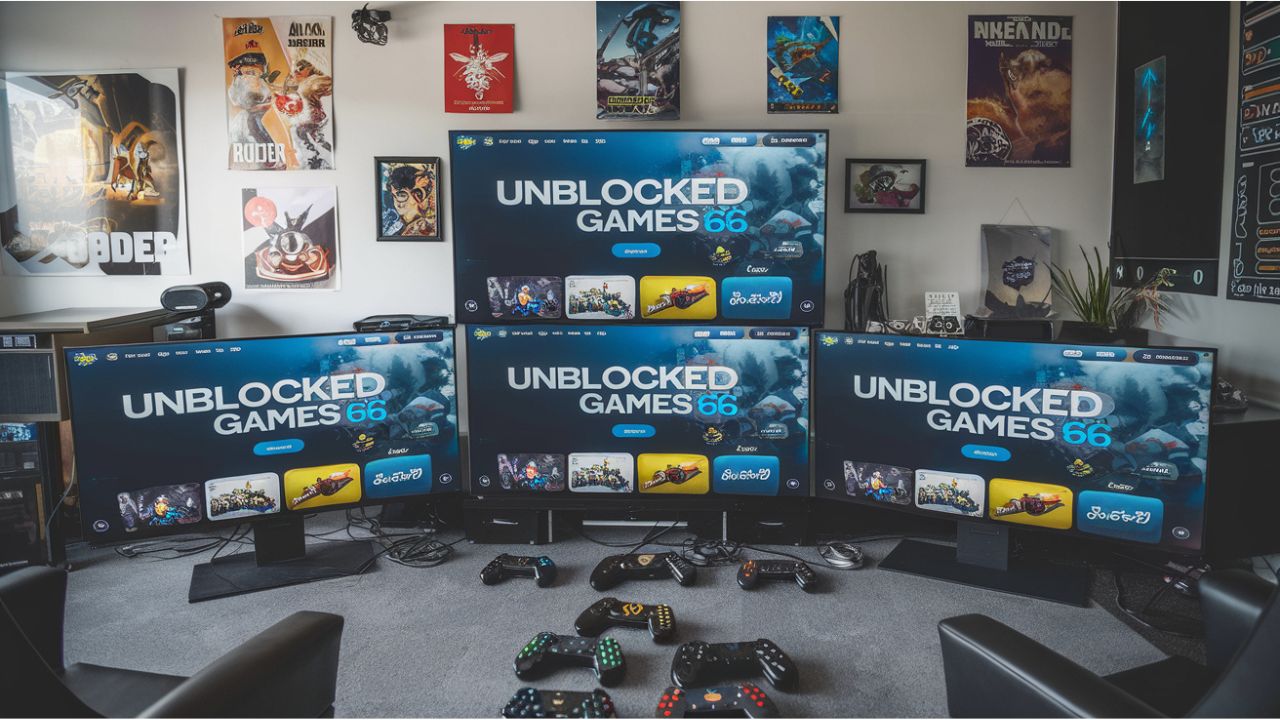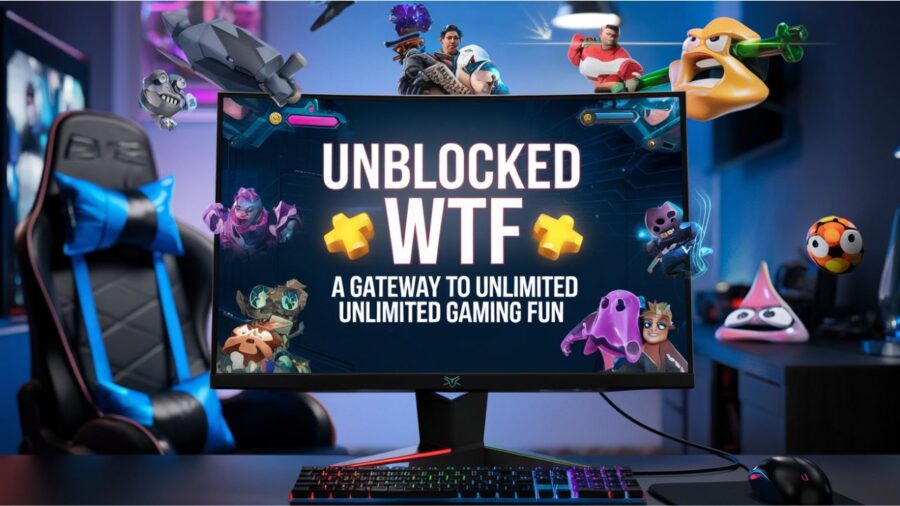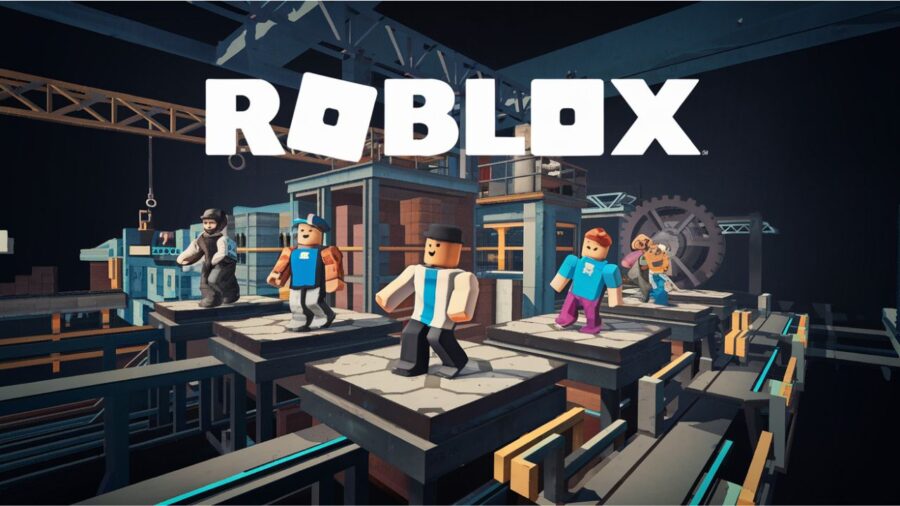The world of online gaming has expanded dramatically, with developers now using platforms like GitHub.io to share unique, open-source games. GitHub.io games offer players not only diverse and engaging gameplay experiences but also the chance to peek behind the curtain and see how these games are built. From retro arcade games to complex strategy titles, GitHub.io has become a go-to resource for casual gamers, coding enthusiasts, and developers alike. Let’s dive into the world of GitHub.io games, how they work, and why they’re gaining popularity.
What Are GitHub.io Games?
GitHub.io games are browser-based games hosted on GitHub Pages, a platform provided by GitHub for sharing and showcasing projects. These games are typically built using open-source code, meaning developers make their code accessible to the public. Gamers can enjoy these games directly in their web browsers without needing to download anything, making them highly accessible and easy to play.
Why Are GitHub.io Games Unique?
GitHub.io games offer something that many mainstream games don’t – the ability to explore and modify the game’s source code. For those interested in programming, it’s an excellent learning resource. Here are a few ways GitHub.io games stand out:
- Open-Source Access: Players can see the game’s underlying code, modify it, or even contribute to its development.
- Creative Diversity: GitHub.io games come in a wide variety of genres, from simple puzzles to complex simulations, showcasing the creativity of indie developers.
- Community Collaboration: Open-source projects often encourage feedback and collaboration, allowing developers to improve games based on user suggestions and contributions.
- No Installations Needed: These games run directly in the browser, making them easy to play on any device with an internet connection.
Popular Categories of GitHub.io Games
The range of games on GitHub.io is extensive, covering nearly every genre imaginable. Here’s a look at some popular categories and examples of GitHub.io games that have captured the attention of players.
1. Retro and Arcade Games
Many GitHub.io games draw inspiration from classic arcade games, bringing nostalgia to life through modern browsers. These games are often easy to pick up but hard to master, delivering hours of addictive gameplay.
Examples:
- Breakout Clone: A modern version of the classic paddle-and-ball game, Breakout clones are often customizable and a favorite among beginner developers.
- Snake: Simple yet challenging, this timeless game has inspired many open-source versions with unique twists, like added levels or new power-ups.
2. Puzzle and Strategy Games
Puzzle games on GitHub.io provide intellectual challenges and test problem-solving skills. From simple math games to complex strategy titles, these games showcase the versatility of open-source development.
Examples:
- 2048: An addictive number puzzle game that has inspired countless variations. The GitHub.io version often allows players to modify game parameters for a fresh challenge.
- Chess AI: For strategy lovers, some developers have created chess games with AI opponents of varying difficulties. Players can even dive into the code to improve the AI or change the rules.
3. Simulations and Sandbox Games
Simulation games on GitHub.io allow players to interact with virtual environments and experiment with different scenarios. These games often feature simple graphics but provide in-depth mechanics that engage players in unique ways.
Examples:
- Conway’s Game of Life: This classic cellular automaton is a staple on GitHub.io, letting players explore patterns and cellular behaviors in a grid format.
- Epidemic Simulators: Many GitHub developers have created simulations that allow players to see how diseases spread under different conditions, offering both educational insights and engaging gameplay.
4. Text-Based and Adventure Games
Text-based games, a genre from the early days of gaming, have found new life on GitHub.io. These games rely on storytelling and player decisions, making them deeply immersive despite their simplicity.
Examples:
- Zork-Inspired Adventures: Based on the famous 1980s game Zork, these text-based adventures let players explore dungeons, solve puzzles, and make strategic choices.
- Choice-Based RPGs: Many developers use GitHub.io to experiment with narrative-driven games, where players’ choices determine the storyline’s outcome.
5. Educational Games
GitHub.io games aren’t just for fun – many are designed to educate. These games cover topics from math to history, helping players learn while they play. For educators and parents, GitHub.io provides an accessible platform to introduce interactive learning tools.
Examples:
- Math Puzzles: Simple games that test math skills, like arithmetic challenges or geometry puzzles.
- Typing Practice Games: Games that help players improve their typing speed and accuracy, a valuable skill for many students and professionals.
How to Find GitHub.io Games
Finding GitHub.io games is simple, thanks to the platform’s search and organizational features. Here are a few ways to discover new games and developers on GitHub:
- GitHub Search: Typing “GitHub.io_games” or a specific genre (e.g., “arcade GitHub.io”) into GitHub’s search bar often yields a list of popular projects.
- Repositories and Collections: Many developers curate collections of GitHub.io games in single repositories, making it easy for players to explore multiple games in one place.
- Community Recommendations: GitHub’s social aspect allows developers to follow each other’s work, contributing to a community-driven discovery process.
- Dedicated Game Hubs: Some developers create websites or pages that serve as hubs for their games, making them easier to access and play.
Learning and Contributing: GitHub.io as a Developer’s Playground
For aspiring developers, GitHub.io_games provide an incredible resource for hands-on learning. Here’s how users can take advantage of GitHub.io’s open-source nature:
1. Analyzing Game Code
Most GitHub.io_games include public repositories where users can study the game’s code. This can be an invaluable resource for those learning programming languages like JavaScript, HTML5, and CSS. By reviewing real-world code, developers can see how game mechanics are implemented, optimized, and designed.
2. Contributing to Projects
Many GitHub.io_games welcome contributions. This collaborative environment allows new developers to improve a game, fix bugs, or add new features. Contributing to open-source projects is an excellent way to gain experience, build a portfolio, and connect with other developers.
3. Starting Your Own GitHub.io Game Project
For those looking to create their own games, GitHub.io provides free hosting and a supportive community. Developers can create games using basic web technologies, host them on GitHub Pages, and share them with the world. It’s an ideal platform for experimenting with game development ideas and gaining feedback.
The Benefits of GitHub.io Games for Casual Players and Developers Like
Whether you’re a casual gamer or an aspiring developer, GitHub.io_games offers a unique experience that mainstream gaming platforms often cannot. Here are some of the benefits:
- Accessible and Free: Most GitHub.io_games are free, making them accessible to anyone with a browser.
- Open Source Means Transparency: Users can see exactly how games are built, ensuring transparency and inspiring trust.
- Learning Opportunities: For developers, GitHub.io_games is a practical way to gain programming experience and learn from peers.
- Customizable Gameplay: Since many GitHub.io_games are open source, players with coding knowledge can modify them to create personalized gaming experiences.
Frequently Asked Questions
What are GitHub.io games?
GitHub.io_games are browser-based games hosted on GitHub Pages, created using open-source code. They are accessible, often free, and can be modified or studied by anyone interested.
Can I contribute to GitHub.io games?
Yes, many GitHub.io_games welcome contributions. Developers can submit improvements, fix bugs, and suggest new features through pull requests.
Are GitHub.io games safe?
Generally, yes. Since the games are open source, users can review the code to check for any security concerns. It’s always wise to be cautious and ensure the game is from a reputable repository.
Do I need programming knowledge to play GitHub.io games?
No, programming knowledge is not required to play these games. However, if you want to modify or understand the game’s mechanics, familiarity with basic programming languages like JavaScript can be helpful.
How can I find popular GitHub.io games?
Popular GitHub.io games can be found by searching on GitHub’s website, exploring curated lists, or following developers who regularly post new games.
Is it possible to create my own GitHub.io game?
Absolutely. GitHub Pages allows developers to host their web-based games for free. With knowledge of HTML, CSS, and JavaScript, anyone can create and share their own game.
Conclusion
GitHub.io games offer a refreshing alternative to mainstream gaming, with a focus on community, creativity, and open-source collaboration. By hosting their games on GitHub Pages, developers can reach a global audience while providing a unique, accessible gaming experience. From retro arcade games to educational simulations, GitHub.io_games caters to a broad range of interests, making it a versatile platform for both gamers and developers. Whether you’re looking to play, learn, or create, GitHub.io_games open up endless possibilities in the world of browser-based gaming.











